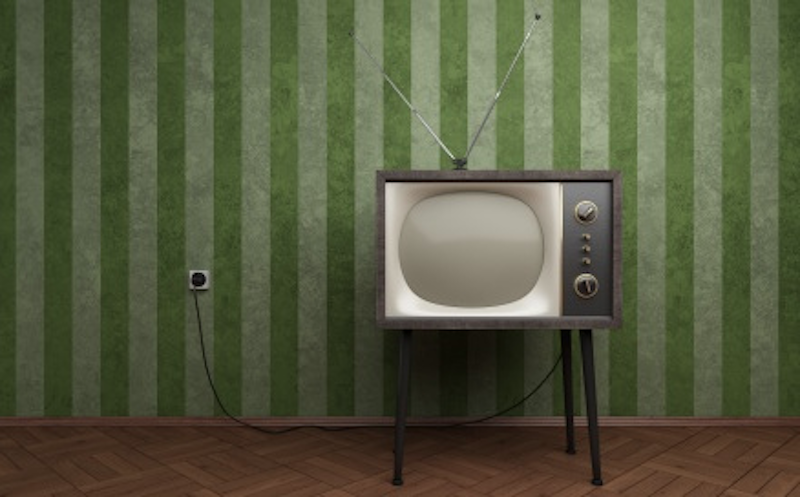My recent articles on the Netflix original series House of Cards have made two main points: 1) that the show itself, while highly watchable, is pretty much on par with a good Tom Clancy novel—after all, "thrillers" about late-night, back-office dirty politics are hardly new, and we all know we're mostly watching because, well, it's Kevin Spacey; and 2) that showrunner Beau Willimon and various Netflix execs who made a lot of grand prognostications about how "TV will not be TV in five years" would be proven right, and sooner rather than later. Well, here we are, less than a month after Netflix released all 13 episodes at once, and two stories on Feb. 21 suggest that Home Entertainment bigwigs are taking note.
First, TV Guide is reporting that HoC, as well as Netflix's other venture, a long-awaited new season of Arrested Development, would indeed be eligible for Emmys:
"Our rules are silent on what screens a program is received," says John Leverence, the senior vice president in charge of awards at the TV Academy. "I suspect that 2008 will join 1988—when the Academy introduced cable into eligibility—as a landmark year in the history of the Primetime Emmys."
This should effectively end arguments about whether or not HoC was actually a television show. Since it wasn't doled out once a week at a set time, some critics considered HoC more akin to a 13-hour-long movie, an argument I found ridiculous. It's like saying that a video game played on your iPhone isn't really a video game, because there's no cartridge or controller. If HoC or Arrested Development manages to win an Emmy (keep in mind that it took six years after cable was recognized in '88 for a cable network to score a major win) I predict some very fast maneuvering by networks to capitalize on the online market. I guarantee you'll see HBO, for example, revising its restrictions on HBO GO, especially with Amazon set to debut their own original programming, and after a recent poll from Cowen and Co. found that 86% of Netflix subscribers said original programming like HoC made them less likely to cancel their subscriptions.
Second, The Nielsen Co. has agreed to expand its definition of TV viewing to include shows watched on broadband, XBox, iPads and more. Basically, anywhere you could watch a show today, Nielsen wants to know about it. As Alex Ben Block at The Hollywood Reporter writes:
By September 2013, when the next TV season begins, Nielsen expects to have in place new hardware and software tools in the nearly 23,000 TV homes it samples. Those measurement systems will capture viewership not just from the 75 percent of homes that rely on cable, satellite and over the air broadcasts but also viewing via devices that deliver video from streaming services such as Netflix and Amazon, from so-called over-the-top services and from TV enabled game systems like the X-Box and PlayStation.
This new tracking plan comes out of a nearly year-long set of meetings among members of the aptly-titled What Nielsen Measures Committee, a group of representatives from major networks and local stations, as well as various advertising agencies. Put the two stories together and you can tell that traditional network execs are more than a little scared by less-than-traditional viewing options. I've written before about the vast amount of pirated TV shows—that the Game of Thrones season two finale, for example, was watched, in nearly equal numbers, by both HBO subscribers and illegal online downloaders. So I guess these execs have finally decided that the time to innovate is now. We'll see how well they pull it off.

